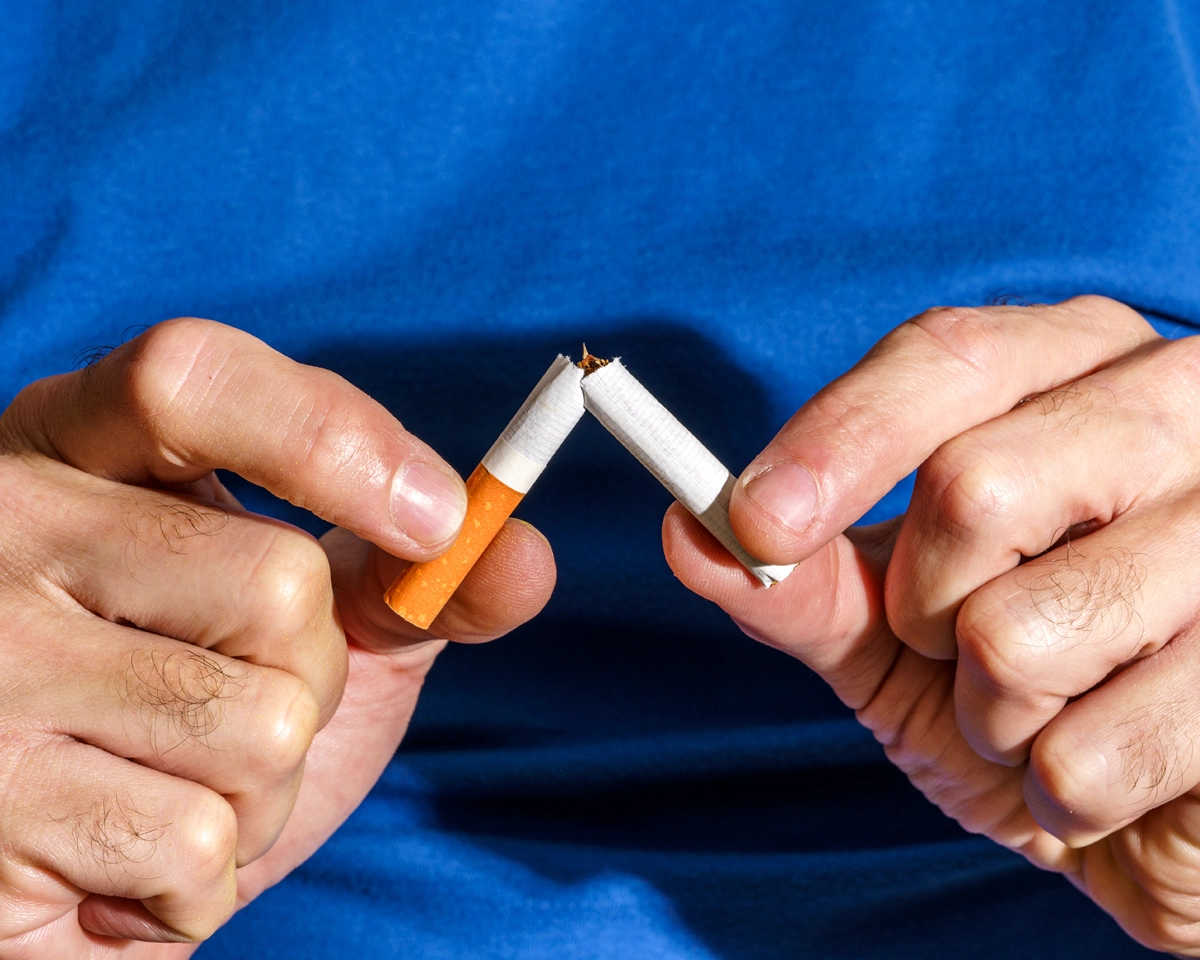3 Tips to Help You Get Started with Quitting Smoking

Quitting smoking before the age of 40 drastically reduces one’s chances of developing lung cancer, but no matter what your age is, it’s never too late to quit smoking. Ellen Brennan is an oncology nurse navigator for Siteman Cancer Center’s Lung Cancer Screening Program at Barnes-Jewish St. Peters and Progress West hospitals, where she performs lung cancer screenings. Brennan also works with patients who want to quit smoking and helps them develop an actionable plan. If you’re ready to take that first step in quitting smoking but you’re not sure where to begin, Brennan has some advice.
Don’t feel ashamed in sharing your smoking history with your provider.
For many people, there’s a stigma that comes with being a smoker, and they may be hesitant to share their full history with tobacco use with their medical provider out of fear they might be judged. However, it’s important to share your history so your doctor can advise you on whether you are a candidate for lung cancer screening.
“I try so hard to help with the stigma people feel about being a smoker,” Brennan says. She often reminds patients that she’s asking for their smoking history for health insurance purposes. For insurance to cover lung cancer screenings, the patient must be a current cigarette smoker or have quit smoking cigarettes within the past 15 years.
Seek support in quitting smoking.
Brennan used to lead smoking cessation classes and recommends helpful resources from organizations like the American Lung Association for people who are ready to quit smoking.
The Missouri Tobacco Quitline,1-800-QUIT-NOW, is one she often shares with patients who come in for screenings. “I’ve had really good success stories from patients using that,” Brennan says.
Even if you experience a setback, keep going.
When Brennan works with patients who want to quit, she tells them to do whatever they think is achievable. She also encourages fierce persistence and the celebration of small wins. “If you make it just two days with no cigarettes, that’s a win,” Brennan says. “If you fall off the wagon, get back on and keep going.”
- Resource